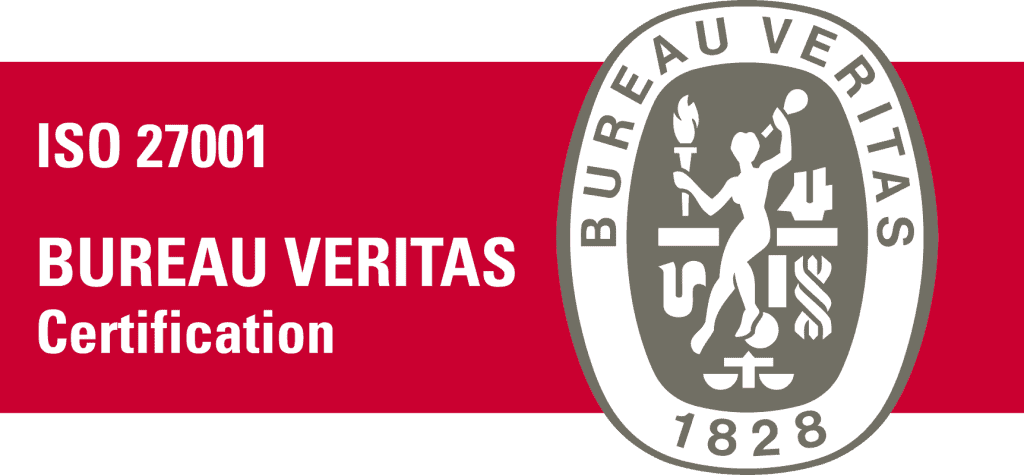
IBM is a prominent name in technology. It has a rich past. The company was founded in 1911 and celebrated its centenary with a series of films that feature 100 people explaining the company's contributions to society. "100 x 100" was directed by influential commercial director Joe Pytka, and "They Were There" was shot by Academy Award-winning documentary filmmaker Errol Morris. Philip Glass was also featured in the film's music.
Hollerith punch card from ibm
IBM's Hollerith punch card came from a system used in textile mills and other industrial processes as early as 1725. This method was later adopted by Joseph Marie Jacquard to create a silk portrait. Semenkorsakov used punch cards to keep information in 1832. IBM's Hollerith punchcard would be used to record census data. This would eventually lead to the founding of IBM.
The alliance between IBM, Nazi Germany and other companies began in early 1933. Many Nazi-era enabling technology were developed by the subsidiaries of the company. For the German government to be able to quickly identify Jews and target them for destruction, it needed a reliable way. This was made possible by IBM's Hollerith punch card machines.
ibm's magnetic stripe
IBM's history with magnetic stripes begins with an engineer trying to create a way for magnetic media to be attached to plastic cards. Although he had heard of magnetic tape, he thought it might be possible to combine them. However, his wife suggested a better solution. She suggested that the magnetic stripe be melted onto a card. This technology was first used by IBM for commercial purposes.

The company was looking to develop a system for financial and personal identification. They needed to decode personal data so that the information could be easily accessed. They assembled a team that included researchers to help them develop the system. IBM began rolling out employee ID cards as well as bank cards after the team completed their work.
IBM's first computer
Arthur Rackham, who was born April 5, 1911, was a major leader in the introduction IBM's computers. He was an entrepreneur as well as a mathematician. He studied at Drake University. Iowa State College. Columbia University. Later, he was named the head of IBM’s research and development department.
The United States Air Force commissioned IBM to design an electromechanical bombsight. However, the company was still skeptical about the future electronic computing. Tom Watson, Jr., felt at the time that IBM was not moving quickly enough towards electronic computing. He had an idea for an electronic computer that could perform scientific computations.
IBM's research
The IBM Archives documents the company's accomplishments and progress through the years. IBM currently has 195,000 employees and 350 Distinguished Engineers. It also has 60 IBM Fellows. NetObjects Technologies has been acquired by IBM. Many of its product lines are now in use in the business world.
The company's sales grew steadily. Wall Street saw it as a giant. In 1984, the company's profits jumped by nearly $16 billion. Wall Street was fondly familiar with IBM Corporation. In addition, IBM was perceived as the only company that could compete with Japanese companies. This book was even a bestseller.

IBM's stock purchasing plan
The IBM Stock Purchase Plan is an option that allows eligible IBM employees and their dependents to purchase company stock. Originally, IBM employees were paid 85 per cent of the average market price during the offering periods. However, in 2005, IBM modified the terms of the plan, so that eligible participants can now purchase full or fractional shares of IBM stock at a five percent discount off the average market price on the day they purchase them.
All shares purchased under the Plan can be resold at any time. This process may be stopped in certain cases. The shares can be purchased on the open-market or treasury.
FAQ
How do you start an LLC consultancy company?
First, you must decide what your goals are as a service provider. Then you need to make sure you are qualified for those services. It may be a good idea to seek out someone who offers the services you need and observe their work.
Once you know what you want to provide, then you should try to figure out where your target market is. If you don't have enough, you might need to create them.
You must then decide whether you want your business to be run by you or hired others.
It is possible to also start your own consulting firm by obtaining a license from the State. But this will require a lot more paperwork and legal costs.
How can I be a successful consultant?
The first step is to find an area you are passionate about. Building relationships is the next step. It is important to understand the needs of clients and their business. Finally, you have to deliver results for your clients.
While you don't need to be the best at all things, it is important to be better than others. You also need to have a passion for what you do. It doesn't suffice just to say "I'm going be a Consultant." You must believe in yourself.
Can anyone become a consultant
A consultant is someone who assists you in achieving your goals by offering advice and suggestions on how to achieve it faster, cheaper, and so forth.
A consultant may help you solve problems, make decisions, or negotiate with others.
Consultants are often hired for specific projects or tasks.
In fact, most consultants are paid hourly or daily rates rather than per project.
How does consulting differ to freelancing
Freelancers are individuals who work for themselves and offer their services to clients. They charge hourly rates depending on the amount of time spent on a client's projects. Consultants work for companies and agencies that employ them. Their salaries are often paid monthly, or annually.
Consultants often have more flexibility, while freelancers can choose to work when they want and set their own rates. Consultants have better benefits, like health insurance, vacation time, sick leave, retirement plans and etc.
What should I expect from my consultant
Once you select your consultant, you should expect to hear back from them within a few days. They will typically ask for information about the company, such as its mission, goals. products and services. budget. After receiving this information, they will prepare a proposal outlining their scope of work, estimated timeline, fees, deliverables and milestones.
If all goes according to plan, the two sides will sign a written deal. The type of relationship between them (e.g. employer-employee or employer-independent contractor) will determine the terms of the contract.
If all goes well, the consultant will start working immediately. He/she will have immediate access to your internal documents, resources, and you'll be able to access his/her skillset and knowledge.
But don't assume that anyone who is a consultant has all the answers. It takes practice, effort and practice in order to be an expert in any area you consult. You shouldn't expect your consultant will know everything you need to know about your business.
What qualifications are necessary to become a consultant
You don't just need to have a MBA, you also need to demonstrate your ability as a business consultant. You must have at least two years' experience working in consulting and/or training within a large company.
You should have had experience working with senior management to create strategy. This requires you to feel confident presenting ideas to clients, and getting buy-in.
A professional qualification exam like the Certified Management Consultant (CMC), Chartered Management Institute, is required.
Statistics
- On average, your program increases the sales team's performance by 33%. (consultingsuccess.com)
- Over 62% of consultants were dissatisfied with their former jobs before starting their consulting business. (consultingsuccess.com)
- According to statistics from the ONS, the UK has around 300,000 consultants, of which around 63,000 professionals work as management consultants. (consultancy.uk)
- "From there, I told them my rates were going up 25%, this is the new hourly rate, and every single one of them said 'done, fine.' (nerdwallet.com)
- My 10 years of experience and 6-step program have helped over 20 clients boost their sales by an average of 33% in 6 months. (consultingsuccess.com)
External Links
How To
How do I find a good consultant?
Finding a great consultant starts with understanding your expectations. What do you need them to do for your website? Are you looking for them to help optimize your website to rank higher on search engines? Maybe you want someone to check on your current hosting provider and tell you if it is in need of improvement. Once you know what type of services you need, you should start looking at different companies. Although there are many consultants who claim to offer these services, very few of them can actually provide the required results. How do I choose one? Here are some considerations when choosing a consultant.
-
Get referrals. This is the best way to select a consultant. You shouldn't hire someone you haven’t met before as they will probably charge you too much. You also don't want someone with a poor reputation to work for you. It's great if you get recommendations from people you trust. You can check online reviews even if they don't refer you. Look for testimonials and case studies where clients have used your service.
-
Ask around. Many people aren't aware that they could benefit from hiring a consultant. People believe they don't have to make any changes because they are currently doing well. This is often incorrect. Even if results are good, there is a chance you haven’t been keeping up-to-date with new trends and technologies. Relying on outdated methods will prevent you from maximizing your potential for growth. It's worth asking your friends and family for recommendations to help you find the right consultant.
-
Make sure to verify their qualifications. You need to verify their qualifications when you are searching for a consultant. Make sure that they're qualified to perform the tasks you need to be done and that they have sufficient expertise in the area.
-
Find out what kind of projects they specialize in. This is false. You may need to have specific training or education in certain areas. For example, if you need someone to build a WordPress theme, you won't want to hire a developer who specializes in Drupal. It is the same for programming languages, graphic design, and so on. Be sure to ask what kinds of projects they typically work on.
-
Find out what their charges are. You don't want a consultant who charges too much. You also don't want too much. There are many types of consultants. There are some that charge an hourly fee, while others may bill per job. You can save money by knowing upfront exactly what you will be paying.
-
Understand what they offer. Do they offer free consultations? Do they offer advice on setting up your system? Do they promise that your site will rank higher once you have worked with them? If you don’t like the information you receive during your consultation, you can cancel it without penalty.
-
Also, ask if discounts are available for multiple months and years. Many consultants offer discounted pricing for extended periods of time. You may not need to commit to a full year, but you may also take advantage of whatever deals they offer.